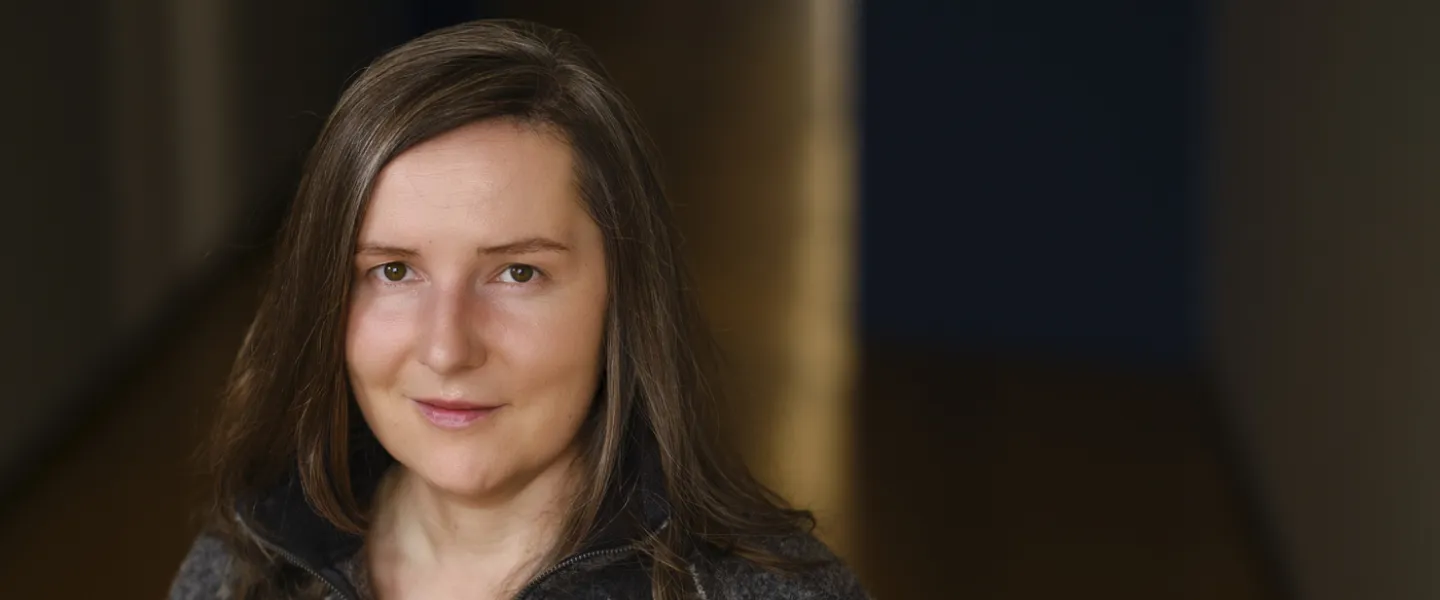
Mariola Alicja Fiema has been hired as adjunct lecturer in Polish studies, a new subject at the Faculty for Languages and Cultures at the University of Iceland. She says that this programme, along with Icelandic studies for Polish people, will contribute to a strong, healthy, and tolerant community since Polish people are now the largest group of immigrants in Iceland, and Polish the second most spoken language.
Mariola Alicja is born and raised in Krakow, the second largest city of Poland. She is educated as a teacher with and additional degree in teaching Polish as a second language. She has taught at Jagiellonian University in Krakow where she has taught people from all over the world Polish. She says she has never taught Icelanders before. Besides the positive social impact the studies entail Mariola says the programme will have practical value for students since the cooperation between Iceland and Poland is becoming more extensive, for example in the arts, business and education. She is confident there will be a growing demand for people who speak Polish and Icelandic.
Polish is now taught for the first time as a subject at the Faculty of Languages and Cultures at the University of Iceland as a sixty credit minor. Subjects include Polish language usage, grammar, writing and reading as well as courses on the culture and history of Poland. Mariola says that work is underway to strengthen the programme so a diploma in Polish will be available, hopefully already next year. Exchange studies in cooperation with the Polish institution National Agency for Academic exchange are being organised, for example in the form of a two-to-three-week summer course for Icelanders in Poland.
Polish days were held at the University of Iceland‘s Centre for Languages with a programme in Veröld 11-14 September, ending tonight with a film screening. The focus during the Polish days were on the culture and history of Poland in the 1920s and 30s. The interbellum period is very important in Polish history, “this is when we became independent, and the name Poland was back on the European map after a 123 years’ absence. The nation was optimistic and worked hard to restore the country. We highlight this gilded age in Polish culture during Polish days by showing films and holding lectures.”